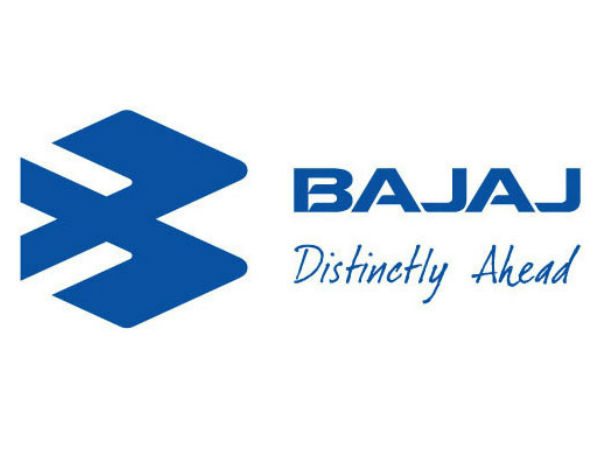FinMin offers citizens prize money to come up with name, logo for new infra fund body
[ad_1]
Read More/Less
The Finance Ministry, in association with mygovIndia, has launched a crowdsourcing initiative to coin a name, suggest a tagline and design a logo for a newly created development financial institution (DFI).
“Name, tagline and logo should represent the intent behind setting up of the DFI and be a clear marker of what it will/can do. It should in effect be like a visual signature, easy to recall and pronounce. Each of the three elements would stand out on its own but would represent, a synergized approach,” reads the government statement on www.mygov.in.
Each category will have three prizes of ₹5 lakh, ₹3 lakh and ₹2 lakh. Entries should be submitted by August 15. “Entries will be evaluated on creativity, vibrancy, ability to connect with the theme, citizens and all stakeholders, should reflect the spirit of New India as we celebrate Azadi Ka Amrut Mahotsava with India@75,” the notification said.
Need to rethink financing and development priorities for enabling sustainable infrastructure: FM
The government has decided to create the DFI exclusively to fund infrastructure such as the proposed ₹111-lakh-crore National Infrastructure Pipeline and more than 7,000 other projects, which require timely and large funding.
Government bets big on infrastructure
According to the notification, the DFI will be a development bank with credibility and a mandate through explicit Government support. It will crowd in, not elbow out, other lenders. It will not only provide credit and credit-plus services but, equally, be an enabler and catalyst for a new ecosystem for infra based on collaboration and partnership. It will prioritise risk mitigation, product innovation, accessing green and ethical funds, and helping develop a vibrant bond market.
It would have the size and ambition to make a difference as well as play a counter-cyclical role, whenever needed. It will lend long term, for achieving financial closure for big-ticket infra projects commensurate with a $5-trillion economy. “The design of the DFI itself is path breaking and bold, representing a decisive break from conventional thinking,” the notification said.
In a tweet, the Finance Ministry said that the setting up of a DFI was announced by Finance Minister Nirmala Sitharaman in Budget 2021-22. Both Houses of Parliament passed the National Bank for Financing Infrastructure and Development (NaBFID) Bill 2021 in March, which was later assented to by the President.
[ad_2]







